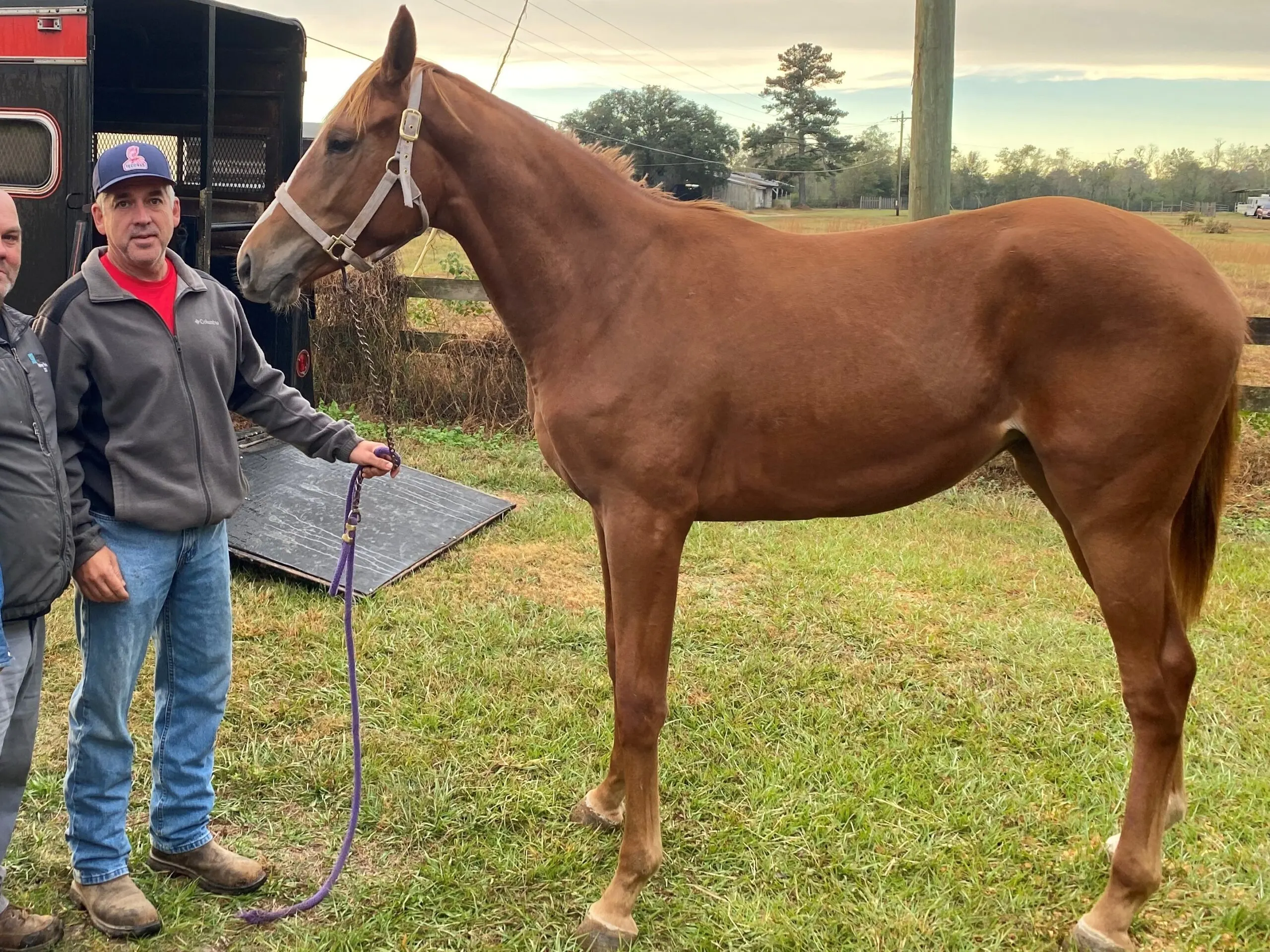Last updated: March 14, 2024
The cost of purchasing a horse varies widely, typically from $500 to $3,000 for most recreational and lower-level competition horses. However, prices can soar to $10,000 and beyond for high-performance breeds like Thoroughbreds and Quarter Horses, especially those destined for top-tier competitions.
However, the initial purchase price of a horse is just the beginning; understanding the full spectrum of expenses is critical. Let’s break down the costs to give you a clear picture of what to expect.

Ongoing Expenses: The Reality of Horse Ownership
Feed and Nutrition
- Hay and Grain: A 1,000-pound horse typically consumes 15-20 pounds of hay and 1.5-2 pounds of grain per day, translating to monthly feed costs of $90 to $300 for hay and $14 to $60 for grain. Supplements, salt blocks, and minerals are essential to meet the horse’s nutritional needs, adding to the expense.
Farrier Services
- Hoof Care: Regular trimming and shoeing by a farrier are crucial for maintaining a horse’s hooves. Expect to pay $25-$50 for trimming and $80-$120 for shoeing every 6-8 weeks.
Veterinary Care
- Health Maintenance: Routine vet checks, including vaccinations (rabies, tetanus), dental care, and emergency services, are vital. Budget around $200-$400 annually for basic veterinary care, with additional funds for unexpected health issues.
Boarding Facilities
- Housing Options: If you lack space, boarding at a facility provides solutions, from pasture boarding at $100-$500 per month to full board with stall cleaning and feed at $500-$2,000+ per month.
Tack and Riding Equipment
- Riding Gear: Essential items like saddles, bridles, halters, lead ropes, girths, and saddle pads can vary widely in price. Grooming supplies, blankets, buckets, and turnout gear are also necessary for horse care.
Insurance and Additional Costs
- Equine Insurance: Covers health and potential liability, with costs varying. Additional expenses include horse trailers for transportation, fences for secure turnout areas, and riding lessons to enhance your skills.
Total Cost of Ownership
Considering the purchase price and ongoing expenses such as hay, grain, farrier services, vet care, boarding, and tack, the first year of horse ownership can easily exceed $10,000. Subsequent years may cost $3,000-$10,000 on average, depending on the level of care, activity, and whether you participate in disciplines like trail riding or horseback riding competitions.

Transportation Costs
If you plan to participate in shows, trail riding in different locations, or simply need to transport your horse for veterinary care, owning a horse trailer becomes essential. The cost of a new or used horse trailer can vary significantly, ranging from $5,000 for a basic used model to over $50,000 for a new, state-of-the-art trailer with living quarters.
For those who prefer not to invest in a horse trailer, professional hauling services offer a viable alternative. Costs for these services depend on the distance and specific needs, but expect to pay between $0.75 to $2.00 per mile. It’s important to budget for these expenses, especially if you frequently travel for competitions or shows.
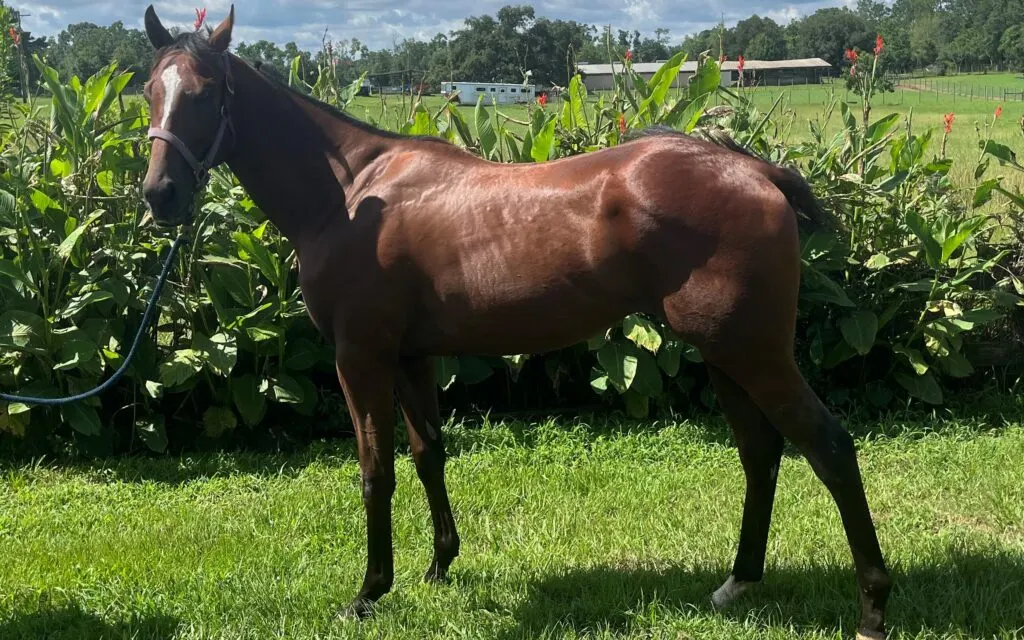
Initial Purchase Price
The cost of purchasing a horse varies widely, typically from $500 to $3,000 for most recreational and lower-level competition horses. However, prices can soar to $10,000 and beyond for high-performance breeds like Thoroughbreds and Quarter Horses, especially those destined for top-tier competitions.
Comprehensive Factors Influencing Horse Costs
Understanding the full spectrum of costs associated with horse ownership goes beyond the initial purchase price. It’s crucial to consider various factors that significantly impact how much you’ll invest in your equine companion. Let’s delve into these aspects to provide a clearer picture of potential expenses.

Key Factors Affecting Purchase Price
- Age and Prime: Horses in their prime (5 to 15 years) often command higher prices, especially those with potential in specific disciplines like elite jumping or dressage. Younger horses, particularly those with promising training or pedigrees, might also have a higher value.
- Training Level: The extent and quality of a horse’s training can greatly influence its cost. Horses trained in formal disciplines or by well-recognized instructors may have a premium price due to their enhanced skills and potential.
- Pedigree: A horse’s lineage plays a crucial role in its pricing. Horses from successful or well-bred lines are often more expensive, reflecting their potential for competition or breeding.
- Competitive Record: A proven track record in competitions can increase a horse’s value, making them more desirable for both performance and breeding purposes.
- Health: The overall health and any past medical issues can affect a horse’s cost. A horse in good health without a history of significant problems is likely to be more expensive.
- Conformation and Temperament: Good conformation and a desirable temperament make a horse more appealing to potential buyers, potentially increasing its cost. Factors like musculature, balance, and appearance are all considered.

Average Prices by Horse’s Breed.
| Type | Avg. Cost | Comments |
|---|---|---|
| Quarterhorse | $5k – $7k | Ideal for beginners and short-distance racing |
| Thoroughbred | $70k – $80k | Best known as a racehorse but suitable for many competitive disciplines |
| Arabian | $10k – $20k | Striking breed valued in endurance racing |
| Pleasure Riding | $3k | Suitable for trail riding and general equine activities |
| Grade | $4k | Unregistered and can vary a lot in conformation and personality |
| Friesian | $15k – $20k | An exotic breed with a short lifespan and friendly disposition |
| Barrel | $25k – $30k | Has to have the right combination of conformation and training |
| Dressage | $50k – $60k | An expensive horse that requires excellent balance and schooling |
| Draft horse | $3k | Muscular and often tall horses fit for general horse riding and pulling. |
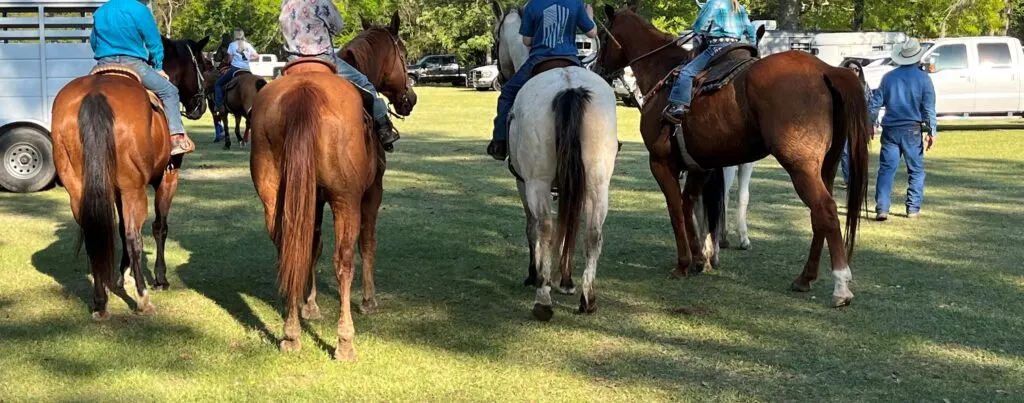
FAQs on Horse Ownership Costs
How often do horses need dental care, and what are the costs?
Horses require regular dental check-ups, typically once a year, to ensure their teeth are in good condition for eating and comfort. The cost for a dental visit can range from $50 to $250, depending on the services needed, such as floating (filing down the teeth).
What should I include in my horse’s feed to ensure proper nutrition?
A balanced diet for a horse includes quality hay or pasture, grain (if necessary for extra energy), and access to fresh water. Supplements may be added based on specific nutritional needs or deficiencies. Consult with a veterinarian or equine nutritionist to tailor your horse’s feed to its individual requirements.
What are the essential grooming tools every horse owner needs?
Essential grooming tools include brushes (a curry comb, stiff brush, and soft brush), a hoof pick, mane and tail comb, and a shedding blade for seasonal coat changes. A basic grooming kit helps maintain your horse’s coat, hooves, and overall health.
What’s the difference between full care and partial board, and how do they impact upkeep costs?
Full care board typically includes a stall, daily feeding, turnout, stall cleaning, and sometimes additional services like blanketing. Partial board may offer some but not all of these services, requiring the owner to take on more daily responsibilities. Full care is more expensive but offers convenience.
What’s the estimated annual upkeep costs for a horse?
Annual upkeep costs for a horse can vary widely based on location, the level of care, and the horse’s needs. On average, owners can expect to spend between $3,000 and $10,000 per year on feed, farrier services, veterinary care, boarding, and other maintenance needs.
What are some ways to manage the costs of horse ownership?
Managing horse ownership costs can involve choosing partial board to save on boarding fees, buying feed and supplies in bulk, scheduling regular preventive veterinary care to avoid larger medical bills, and considering a horse-sharing arrangement to split expenses with another rider.
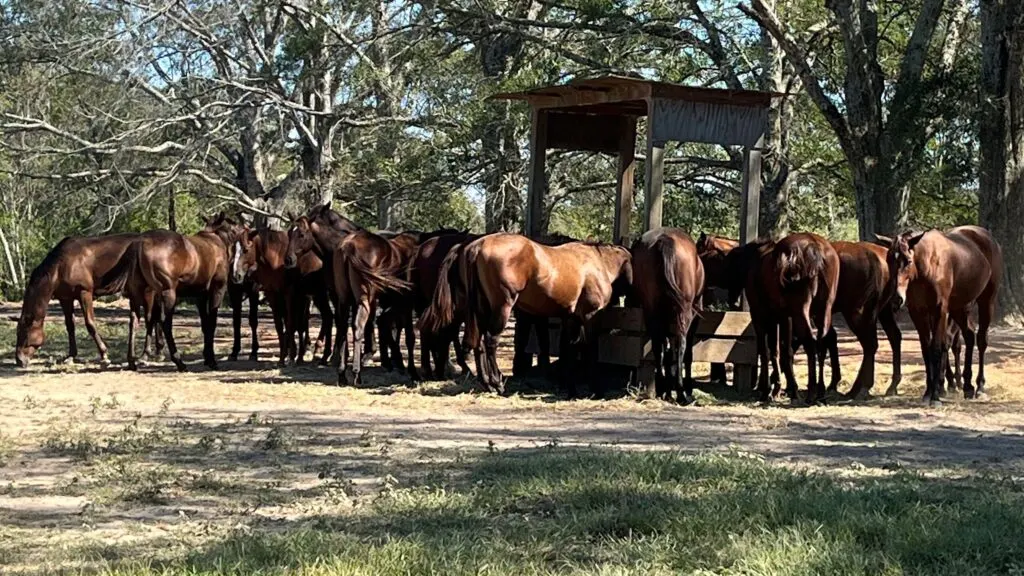
Conclusion: The Full Spectrum of Horse Ownership Costs
Embarking on the journey of horse ownership is a dream many aspire to, filled with the promise of companionship, adventure, and the joy of connecting with these majestic animals. However, as we’ve explored, the financial aspect of this dream is a significant consideration that extends far beyond the initial purchase price.
From the factors influencing the cost of acquiring a horse—such as age, training, pedigree, and health—to the ongoing expenses of feed, farrier services, veterinary care, and boarding, the investment in horse ownership is substantial.
Understanding these costs is crucial for anyone considering adding a horse to their life. It ensures that you’re prepared for the financial commitment and positioned to provide the best care for your equine companion.
Remember, the value of horse ownership isn’t measured in dollars alone but in the rich experiences, lessons, and bonds you’ll form with your horse. As you contemplate this significant step, let the insights from this article guide your decision-making process.
Whether you’re trail riding, competing, or simply enjoying your horse’s companionship, the journey of owning a horse is one of the most fulfilling adventures. With the right preparation and understanding of the costs of horse ownership, you can ensure that this journey is as rewarding as it is enriching.
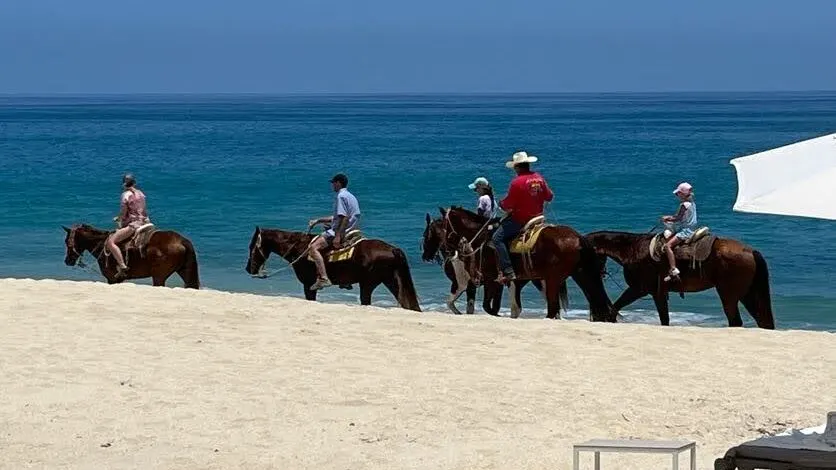
We Want to Hear from You
Have you embarked on the journey of horse ownership? We’d love to hear about your experiences, challenges, and the joys you’ve discovered along the way. Share your stories in the comments below or on our social media platforms.
Your insights could inspire and guide others considering this rewarding commitment. Let’s create a community of support and shared wisdom for horse enthusiasts at every stage of their journey.

Insights and Questions
Genetic Foundation: The article mentions the wide price range for horses, especially high-performance breeds like Thoroughbreds and Quarter Horses. How do genetics and breed-specific traits influence the initial purchase price and ongoing costs of horse ownership?
Ongoing Expenses: With detailed breakdowns of feed, farrier, and veterinary costs, the article highlights the significant ongoing expenses of horse care. What strategies can prospective and current horse owners employ to manage these costs effectively while ensuring the well-being of their horses?
Cultural and Historical Significance: The article briefly touches on the variety of horse breeds and their uses. How have cultural and historical factors influenced the popularity and cost of different horse breeds in various equestrian disciplines?
Resources
Equine Insurance Providers
- AXA XL Equine Insurance: Offers customized insurance for the equine industry worldwide, covering a wide range of activities and risks including mortality, infertility, accident, and theft. Visit AXA XL
Additional resources for horse insurance providers include:
- Pet Keen’s Best Horse Insurance Providers in 2024
- Protect My Paws – The Best Horse Insurance Options
Horse Care Supply Shops
For horse care supplies, consider visiting local tack shops or online retailers specializing in equine equipment. Websites like Amazon and SmartPak Equine offer a wide range of products from feed supplements to grooming tools.
Reputable Boarding Facilities
Finding a reputable boarding facility is crucial for the well-being of your horse. Websites like NewHorse.com allow you to search for boarding facilities by location, offering reviews and detailed information about the services provided.
Horses for Sale
Equine Now: An online marketplace for buying and selling horses. Equine Now provides a comprehensive listing of horses across various breeds, disciplines, and locations, making it easier for potential buyers to find the perfect horse to match their needs. Whether you’re looking for a leisure riding companion, a competitive show horse, or anything in between, Equine Now offers a wide selection to choose from. Visit Equine Now.
Meet Miles Henry
An avid equestrian and seasoned racehorse owner, Miles Henry brings his extensive experience to the equine world, proudly associating with the AQHA, The Jockey Club, and various other equine organizations. Beyond the racetrack, Miles is an accomplished author, having published various books about horses, and is a recognized authority in the field, with his work cited in multiple publications.
🔗 Connect with Miles:
Twitter
Facebook
YouTube: Check out race highlights, horse care tips, and more!

